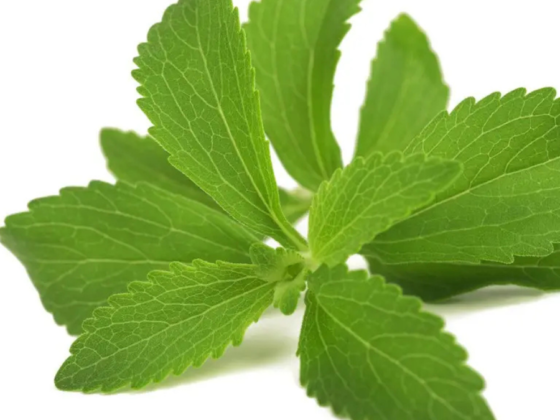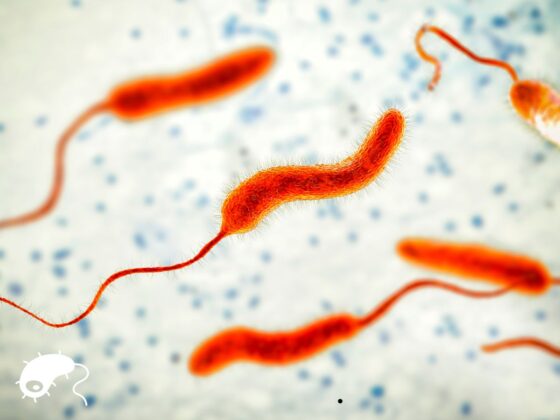Dr. Anil Kumar BT highlights the importance of kidney health and offers valuable advice on supporting renal function
Dr. Anil Kumar BT, HOD & Senior Consultant, Nephrologist and Transplant Physician, sheds light on the significance of maintaining healthy kidneys and provides expert guidance on how to support kidney function through diet and lifestyle choices.
Adopting a Renal Diet to Promote Kidney Health
Dr. Anil Kumar BT emphasizes the importance of a kidney-friendly dietary plan known as a renal diet. This specialized diet limits substances that can harm the kidneys, such as sodium, potassium, and phosphorus. By reducing blood pressure, blood sugar, and cholesterol levels, a renal diet alleviates stress on the kidneys, enhancing their overall function.
Hydration and Nutritious Eating Habits for Kidney Health
Drinking an adequate amount of water daily is crucial for proper kidney function. Staying well-hydrated helps the kidneys effectively filter toxins from the body. While the general recommendation is about 8 glasses of water per day, individual needs may vary based on factors such as climate and physical activity. Dr. Anil Kumar BT suggests monitoring urine color and avoiding thirst as indicators of hydration.
Consuming a diverse range of fruits and vegetables is another essential aspect of maintaining kidney health. A plant-based diet rich in vitamins and minerals, without excessive fats or chemicals, provides numerous benefits for kidney function. Fruits and vegetables also aid in preventing high blood pressure, a risk factor for kidney disease. Dr. Anil Kumar BT recommends a minimum of 5 servings of fruits and vegetables each day.
Protein Intake, Sugar Reduction, and Sodium Control
Dr. Anil Kumar BT advises a moderate protein intake, approximately 0.8 grams per kilogram of body weight per day. While protein is essential for muscle function, excessive consumption can strain the kidneys. Lean protein sources such as beans, legumes, white meat poultry, and fish are preferable choices.
Minimizing added sugars in the diet is vital for kidney health. High-glycemic index added sugars raise blood sugar levels, placing additional stress on the kidneys. Limiting daily added sugar intake to 25-35 grams helps prevent complications. It’s important to note that natural sugars found in fruits do not require strict limitations.
Controlling sodium intake is crucial to managing blood pressure and supporting kidney health. Dr. Anil Kumar BT suggests following a low-salt diet and consuming no more than 2,300 milligrams of sodium per day. Individuals with impaired kidney function may need to restrict sodium intake further.











